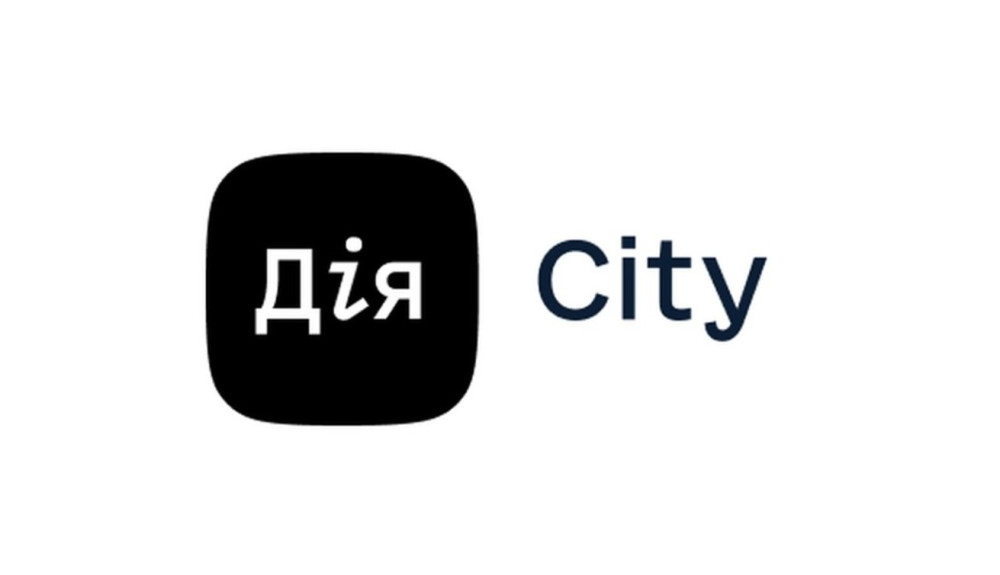In the first nine months of 2025, Ukrainian IT companies operating under the "Diia.City" initiative contributed 22 billion hryvnias in taxes to the state budget, which is 9.7 billion more than the previous year.
This was reported by the head of the parliamentary committee on finance, tax, and customs policy, Danilo Hetmantsev. According to him, half of this amount was generated by companies using the capital withdrawal tax system (CWT).
"As of October 1, 2025, there are 2,721 companies registered in Diia.City, of which 1,046 have switched to the capital withdrawal tax. The share of such taxpayers continues to decline: over eight months of 2025, it decreased by 9 percentage points to 38.4%", the statement said.
From January to September 2025, residents of Diia.City paid 22.0 billion UAH in taxes to the budget, of which 11.0 billion UAH were contributions from CWT payers. Compared to last year, revenues increased by 9.7 billion UAH, including +5.2 billion UAH from CWT payers, he reported.
The profit tax amounted to 3.4 billion UAH, including 1.0 billion UAH from CWT payers (an increase from 2024 of +0.7 billion UAH, of which +0.26 billion UAH were from CWT payers). VAT totaled 7.3 billion UAH, of which 3.8 billion UAH were from CWT payers (an increase from 2024 of +2.5 billion UAH, including +1.39 billion UAH from CWT payers).
Personal income tax and military levy totaled 11.3 billion UAH, including 6.2 billion UAH from CWT payers (an increase from 2024 of +6.6 billion UAH, of which +3.6 billion UAH were from CWT payers).
The amount of VAT refunds for residents of Diia.City has also increased – as of October 1, 2025, it stands at 1.9 billion UAH, of which 1.6 billion UAH were received by CWT payers. This is 1.6 billion UAH more than last year, with +1.59 billion UAH attributed to CWT payers.
"Analytics show that the Diia.City regime remains an effective tool for developing the IT sector, but the trend of companies switching to CWT indicates the need for further improvements in tax incentives," Hetmantsev stated.
"Despite the increase in total revenues, the share of companies benefiting from the capital withdrawal tax is decreasing – this is a signal to analyze the reasons and adapt the model to the needs of businesses," he noted.
"It is crucial to ensure stability in the conditions for the business environment for 25 years, as stipulated by the legislation. Additionally, tax and regulatory bodies should view Diia.City as a special regime for tech businesses rather than a tax risk factor," Hetmantsev added.



